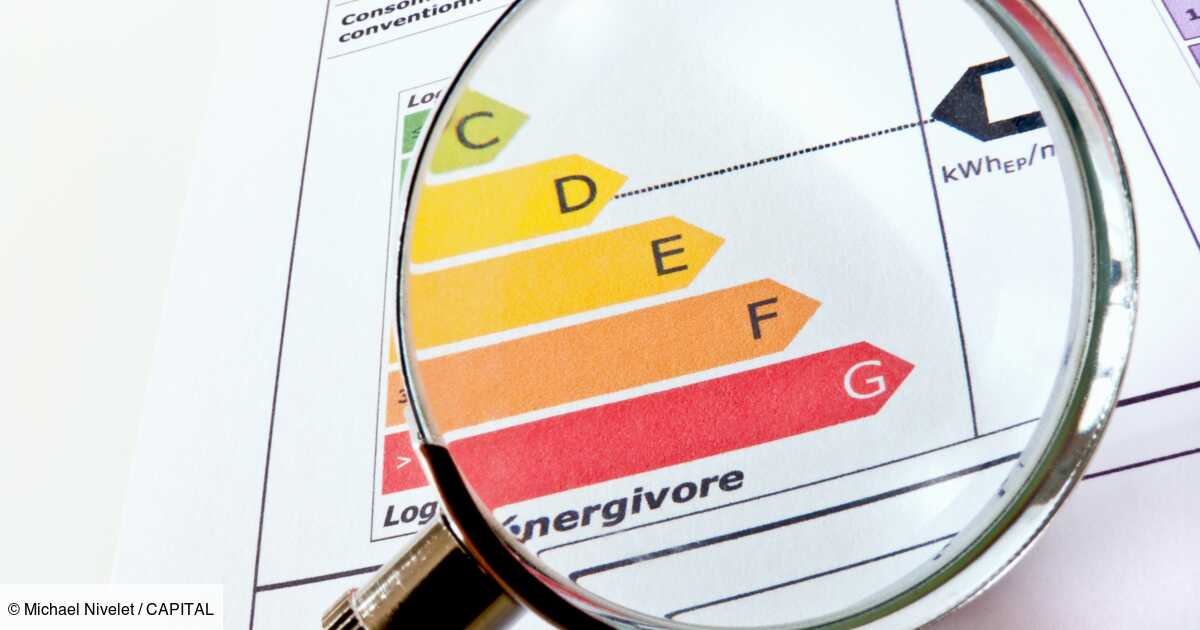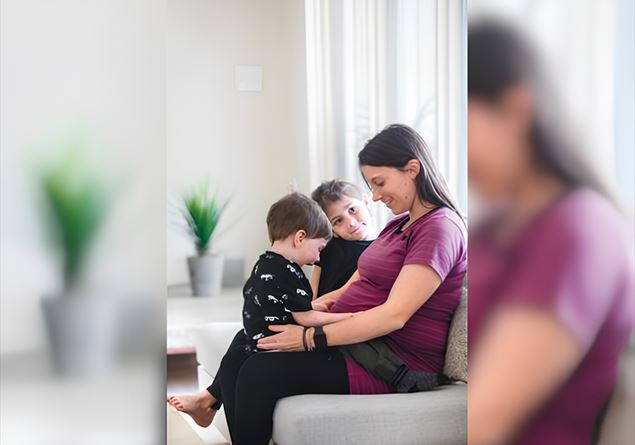
She makes you buy useless stuff…
The summer holidays are coming to an end, and with them, the arrival of the new school year and its share of expenses! In September, we have to fill our school bags with school supplies, renew our wardrobes with autumn outfits, not to mention the daily food shopping. The bills add up quickly, and after the summer pleasures, we have to watch our budget. The British Psychological Society (BPS), an organization of English psychologists, recently explained that drinking a certain drink before entering a store can make us spend “50% more money” during our races. But how is this possible?
The organization refers to a 2022 study, in which researchers conducted several experiments to understand purchasing behaviors. They offered various drinks at the entrance of several stores in different countries before customers shopped. A total of 970 subjects participated in the experiment. After drinking, they were followed to record the number of items purchased and the total amount spent. To complete, the researchers conducted laboratory studies by asking subjects to drink different drinks and then make purchases virtually. Questionnaires were used to assess the energetic excitement felt by the participants. According to the scientists, drinking between 30 and 100 mg of the famous beverage was enough to influence their purchases.
This famous drink to avoid before going shopping would be coffee. It has pushed customers to spend more money, compared to other drinks. “Caffeine drinkers reported feeling more excited, and when we’re excited, we tend to be more impulsive.”psychologists explain. This effect has been confirmed by statistical analyses, showing that the energetic excitement generated by caffeine intake is a key factor in impulsive purchasing behavior.
The effect of coffee on purchasing habits is particularly marked on products with high hedonic value, i.e. those that provide immediate pleasure but are not essential (candy, cakes, games, makeup, decoration, candles, etc.) compared to “useful” products. If you find yourself buying these “whim” products while shopping, ask yourself if it is not the cup of coffee you drank just before that influences your choices.







